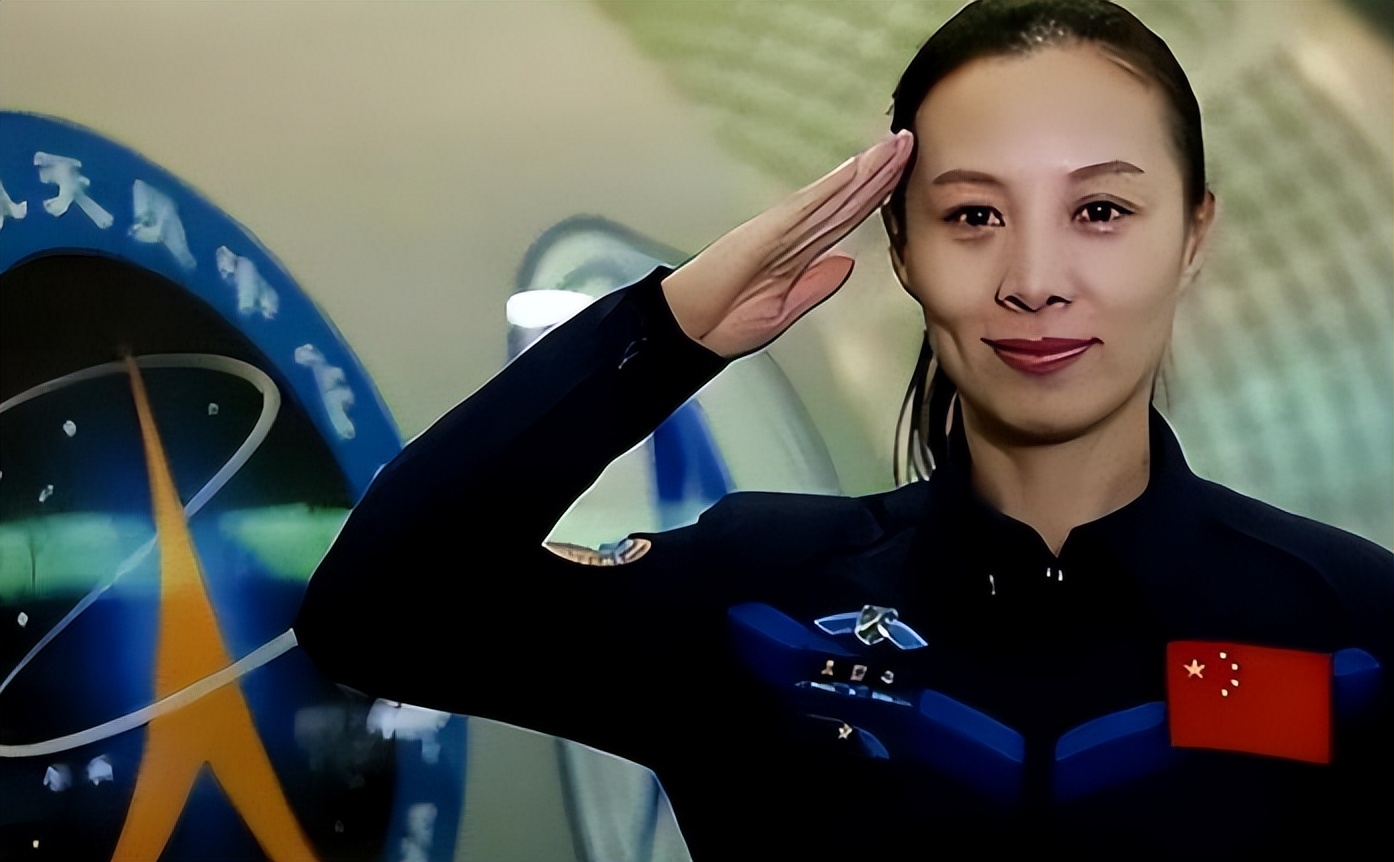Wang Yaping was born in Yantai, Shandong in January 1980. She is a typical rural family. She is famous for her cherries. She helped her family with farm work when she was a child. She performed well in high school, especially in physics.
In the summer of 1997, the school came to the notice of the Air Force's recruitment. She signed up and tried it, but she passed the physical examination and the exam and successfully entered the Changchun Flying Academy of the Air Force.
At the age of 17, she was directly transferred from a high school student to a military academy and began her military career.

After four years in the Flight Academy, she studied courses such as flight principles, navigation and meteorology. She graduated in 2001 and was assigned to the Transportation Aviation Corps of a Division of the Air Force Aviation Corps and became a transport aircraft pilot. At the beginning, she started as a second lieutenant and accumulated flight hours, and soon reached a safe flight record of thousands of hours.
The air force life is quite hard. She needs to check the plane every day and participate in training, and gradually move from an ordinary pilot to an assistant squadron leader.
Around 2005, she was already a captain. The exposed photo was probably taken at that time. Judging from the appearance of her face, she had not experienced much wind and sun exposure and looked quite young. She is responsible for transportation tasks in the army, flying over various routes, and ensuring that the materials are in place on time. The Air Force emphasizes safety and precision. She is always meticulous when performing missions and has gradually gained leadership recognition.

2008 was a critical year. That year, she participated in a task of artificially affecting the weather. Air Force pilots need to fly to the clouds to drop dry ice or silver iodide to reduce rain and ensure that the Olympic opening ceremony is not affected by bad weather. As one of the pilots, she was dispatched many times to complete this support work.
In May of the same year, the Wenchuan earthquake occurred. She immediately joined the ranks of earthquake relief and drove a transport plane to transport tents, medicines and food to the disaster area.
The days, the air force was busy, and she flew several times to help deliver the urgently needed supplies to the front line. These two major missions made her stand out within the Air Force, and soon she was promoted to deputy captain of the Flight Brigade. This position requires her to coordinate the team, arrange flight plans, and manage daily training.

The turning point was in 2009, when China began the second batch of astronaut selection, this time focusing on selecting women from Air Force pilots. She signed up when she saw the notice, but she didn't expect to pass the layers of assessments, including physical fitness tests, psychological assessments and professional exams. In May 2010, she officially became the second batch of astronauts and joined the astronaut brigade.
At that time, the examiners included Yang Liwei, and he gave positive comments on her performance. Moving from the Air Force to the space field, she needs to re-learn space knowledge, weightless simulation and survival skills. The training base is in Beijing Aerospace City. She practices with her teammates every day to adapt to high-intensity requirements.
Three years later, she went to heaven for the first time, boarded the Shenzhou 10 spacecraft, and carried out missions with Nie Haisheng and Zhang Xiaoguang. The flight lasted for 15 days. She did physics experiments in space and taught students on the ground through videos to explain the phenomena under microgravity.

After the Shenzhou 10 mission, she continued to train on the ground and remained in shape.
Eight years have passed, and she flew for the second time, this time it was Shenzhou No. 13, forming a group with Zhai Zhigang and Ye Guangfu. The mission lasts for half a year, which is the longest in orbit time in China's aerospace history.
She works in the core module of the space station, is responsible for many experiments, and also conducts spacewalks.

In November 2021, she became China's first female astronaut to leave the cabin, wearing a space suit and moving outside the cabin for 6 hours, installing equipment and inspecting structures. This time, the world saw the strength of Chinese female astronauts.
In April 2022, the spacecraft returned to the ground and she landed safely and continued to recover her physical fitness.
Two flying times promoted her from colonel to colonel, and now she is at the level of a colonel, serving as a first-class astronaut in the Astronaut Brigade.
References
Shenzhou 13 astronaut crew confirmed: Female astronaut Wang Yaping was selected Upstream News














